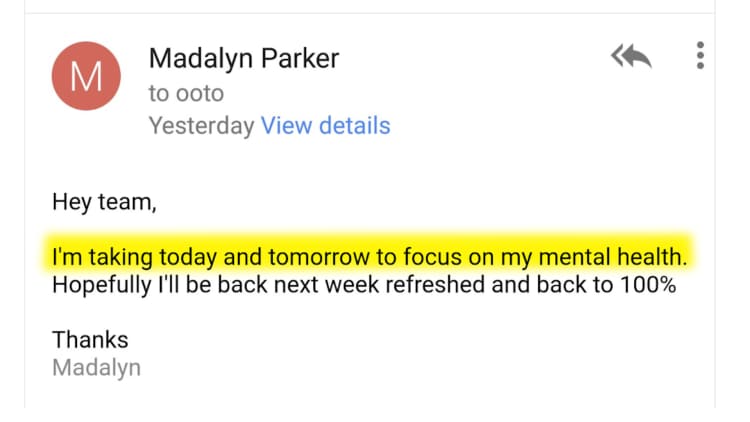A new study by a team of Harvard School of Public Health researchers finds that if you feel you have a higher sense of purpose in life — defined as having meaning, a sense of direction and goals — you are more likely to remain healthy and physically strong as you grow older.
In the study, published in October's medical journal JAMA Psychiatry, the Harvard researchers asked, "Is higher purpose in life associated with lower likelihood of declines in physical function?" That's important because the aging and infirm U.S. population is considered a global public health challenge. Nearly 1 in 3 adults over 65 have a hard time walking just three city blocks, the Center for Disease Control and Prevention reports.
So "there is an escalating need to identify factors that can lengthen the time that people maintain physical function," the researchers wrote.

To test if having purpose truly does help you live a longer, healthier life, researchers collected data twice — once in 2006 and again in 2010 — from the Health and Retirement Study, an ongoing nationally representative study of American adults over 50.
Half of those surveyed received in-person interviews for physical and psychological assessments of their health. The physical test measured each person's grip strength and walking speed. To measure their sense of purpose, respondents were given a psychological questionnaire based off of psychologist Carol Ryff's "Scales of Psychological Well-Being."
Adults with a higher sense of purpose in life were found to have a decreased risk of developing weak grip strength and slow walking speed.
Other studies by the study's lead researcher Eric Kim have found that a higher sense of purpose also correlates to a reduced risks of disability, stroke, heart disease, sleep issues and other health problems.

"Leading a life of purpose not only feels good and meaningful, existentially speaking," Ryff wrote in a commentary on the study, "it may also be an area of rich potential in which intervention studies and public health education programs might contribute to improved health of our ever growing aged population."
The Harvard researchers noted that, since your sense of purpose can evolve or grow, making sure that you develop yours can improve "not only mental health but physical function as well."
It goes to show it's never too early think about how to live a more meaningful life.
Like this story? Like CNBC Make It on Facebook!
Don't miss:


